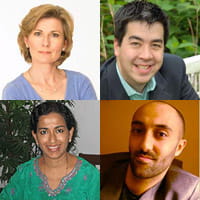2024-05-06
2024-05-06
More from beliefnet and our partners
Sign up for Beliefnet's Best of Beliefnet newsletter!
From time to time you will also receive Special Offers from our partners

